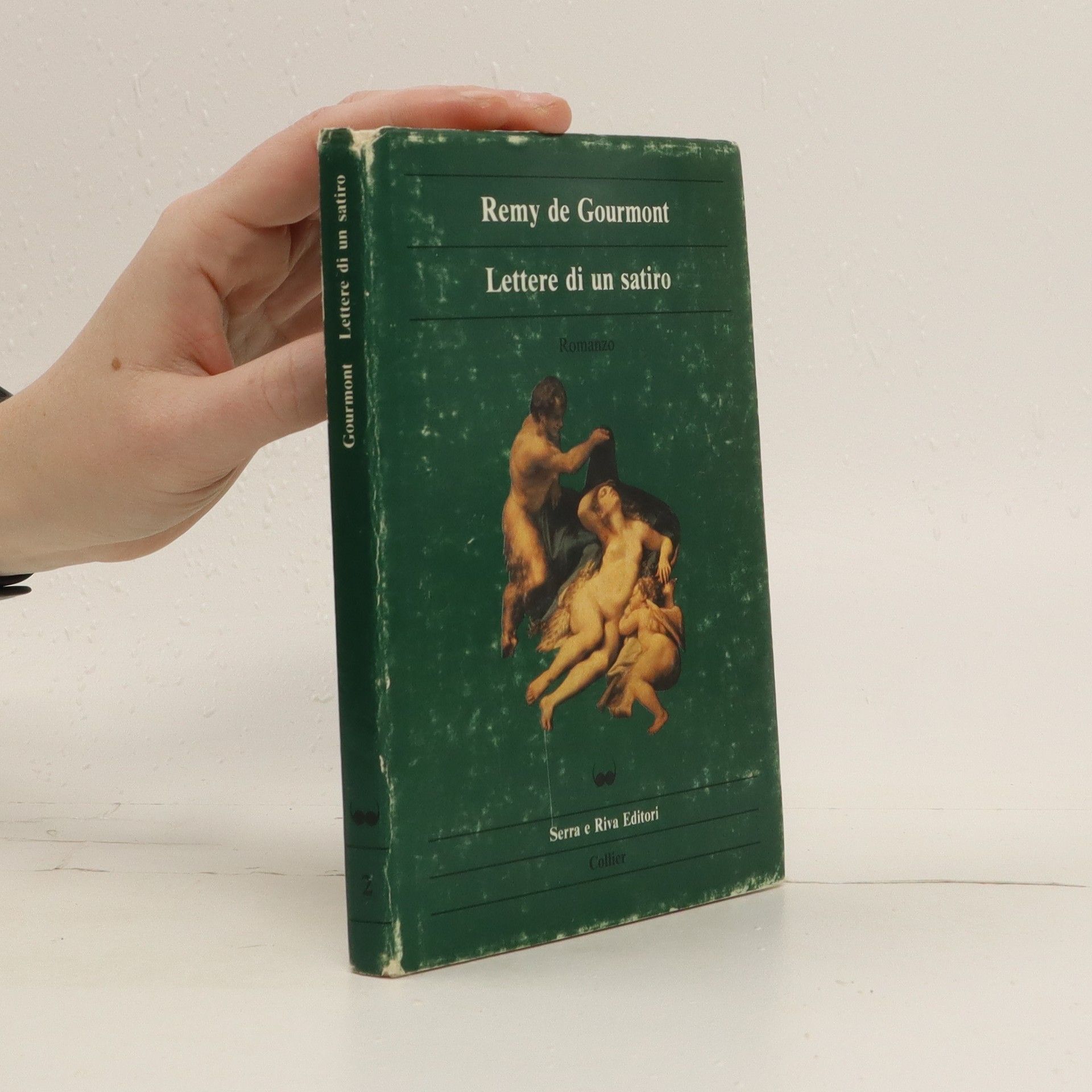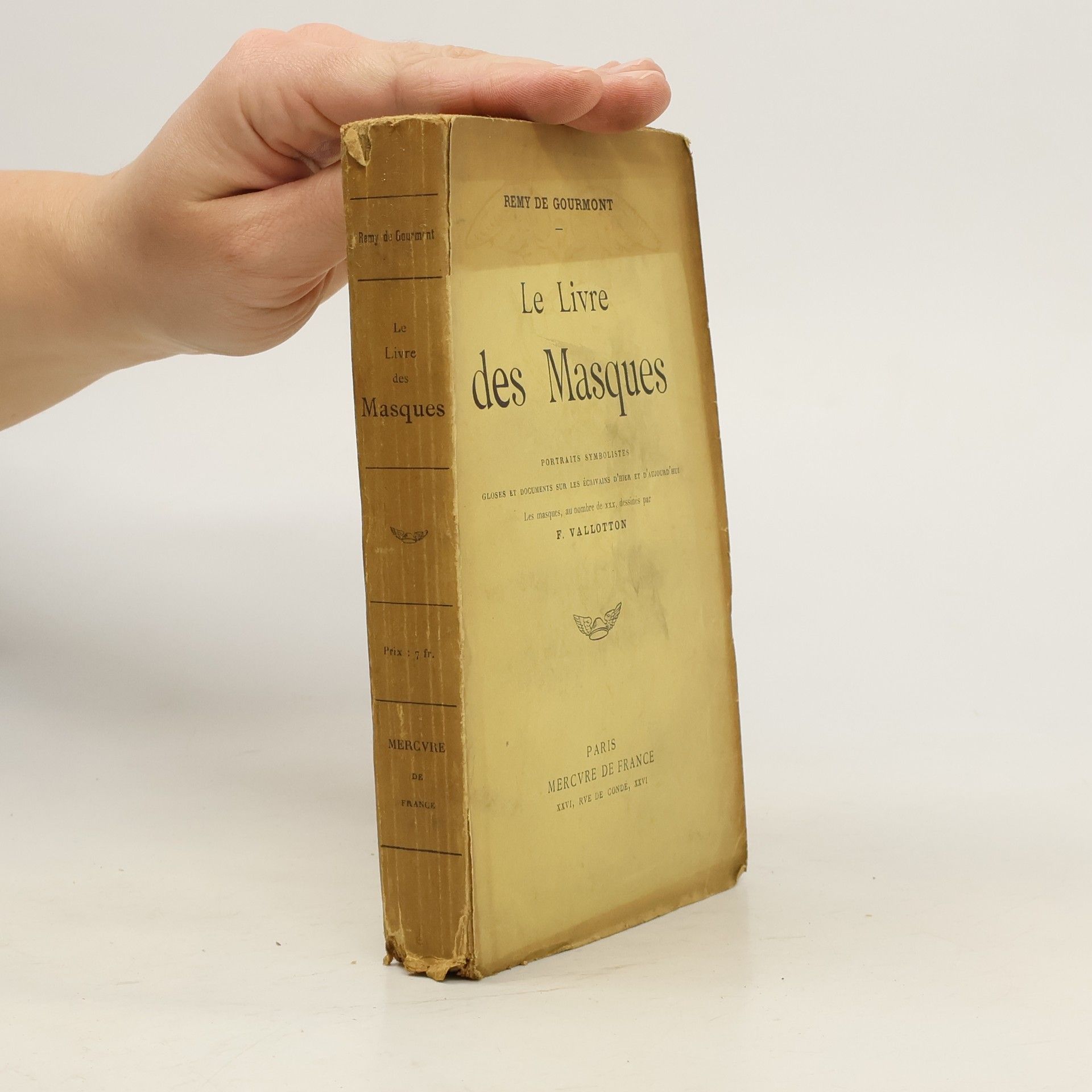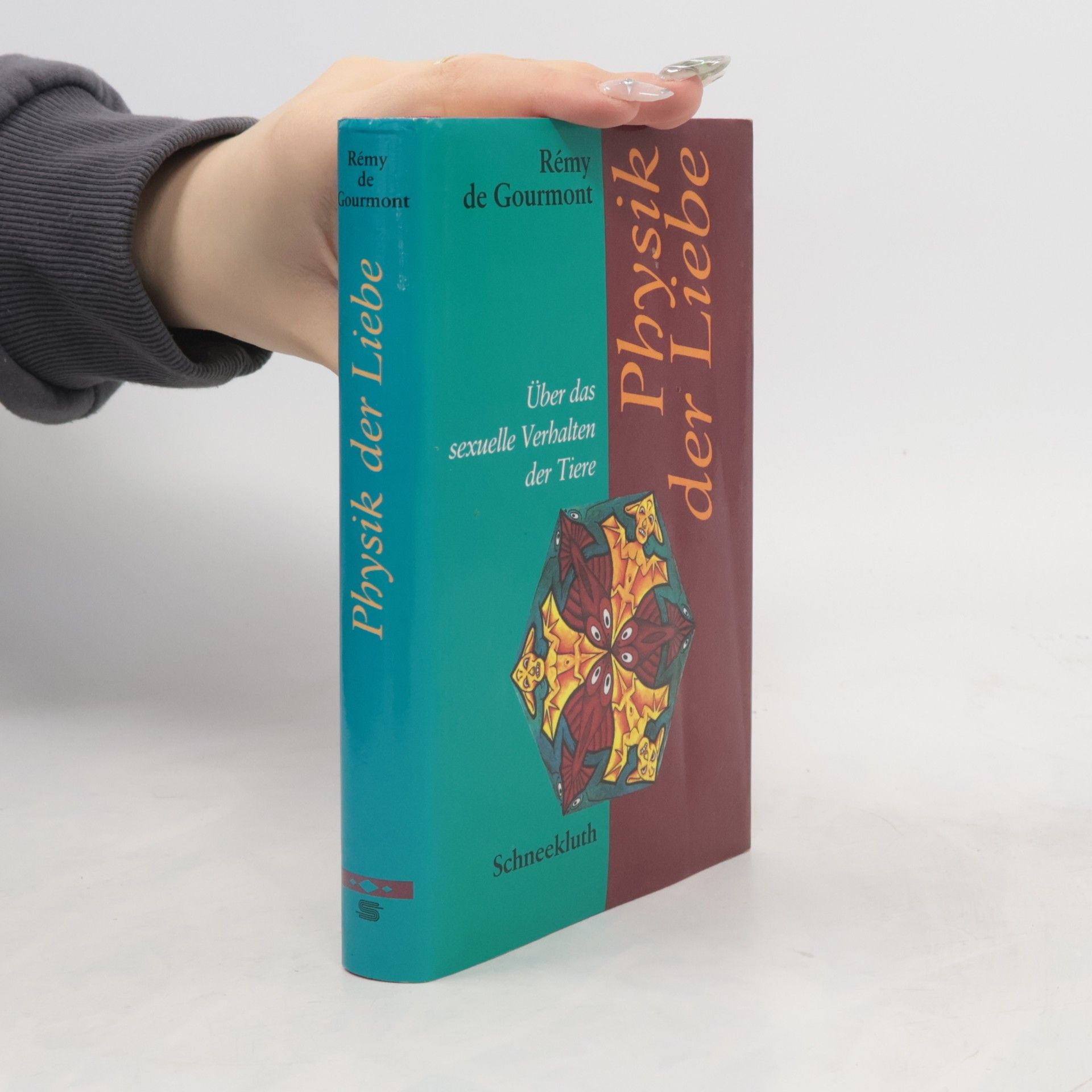The Angels of Perversity
- 176 pages
- 7 hours of reading
The stories in The Angels of Perversity are key examples of early Symbolist prose shaped and inspired by the French Decadent consciousness and must rank among the best short stories of the 1890s.The tone of the stories is unique, with an unusual mixture of decadence and eroticism, balanced by an ironic and sentimental view of the world. Anatole France called Remy de Gourmont (1858-1915) the 'greatest living French writer'. The stories Francis Amery has collected and translated under the not inappropriate title The Angels of Perversity are from the first half of Gourmont's career, when, as a writer of short fictions he established himself as a significant figure in the Symbolist movement. --Adrian Tahourdin in The Times Literary Supplement









